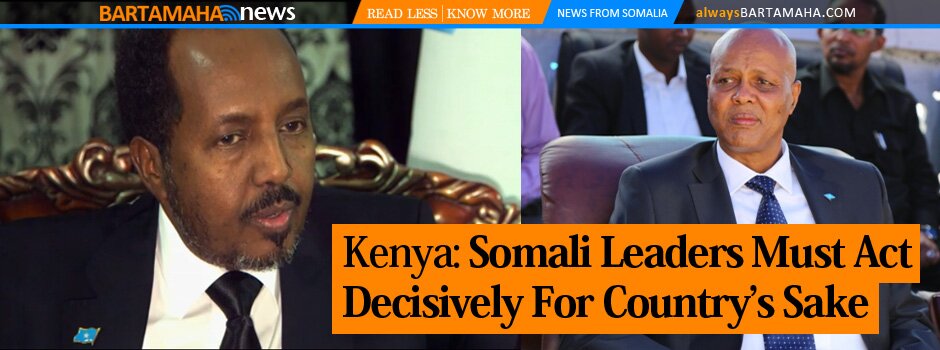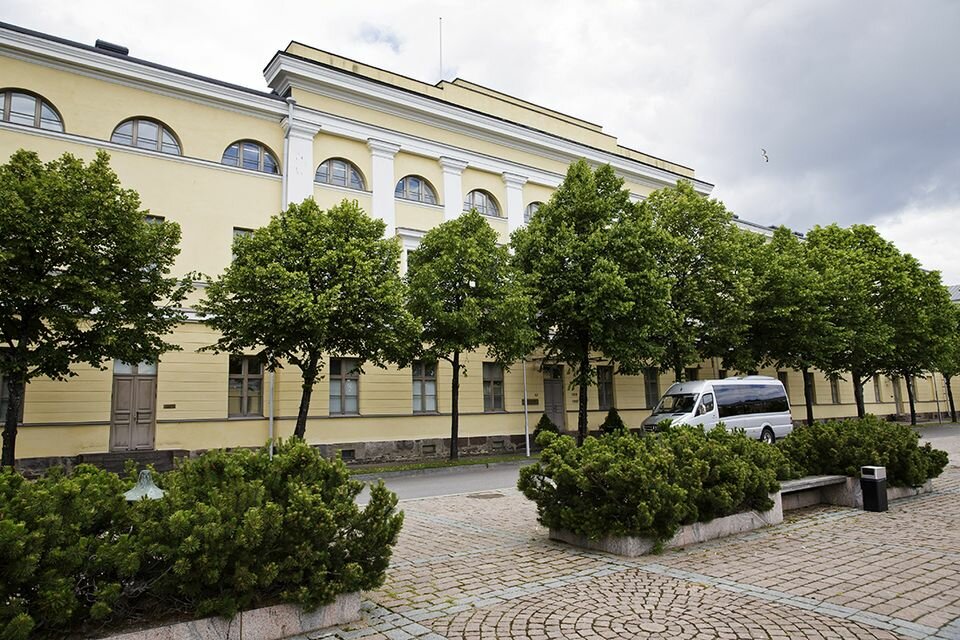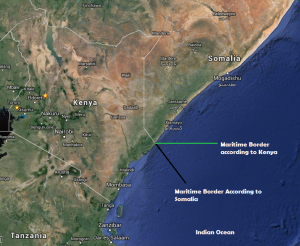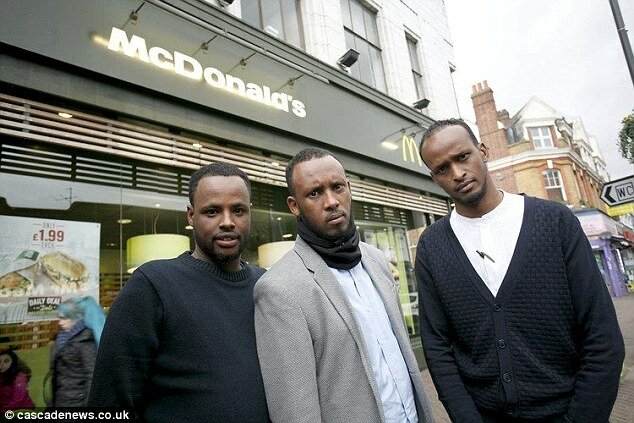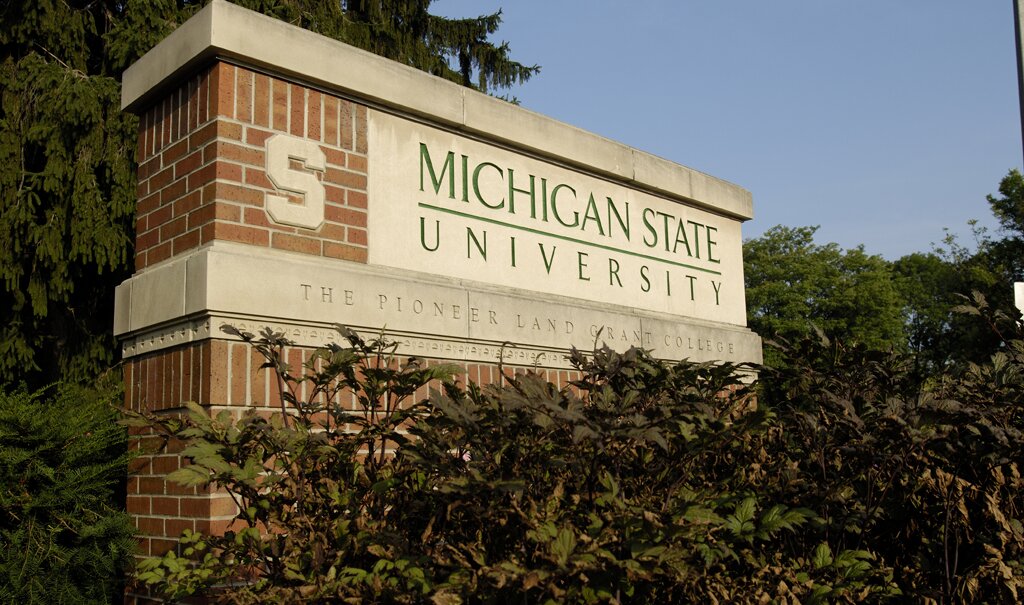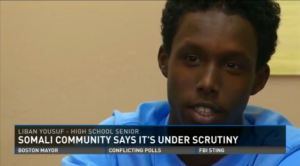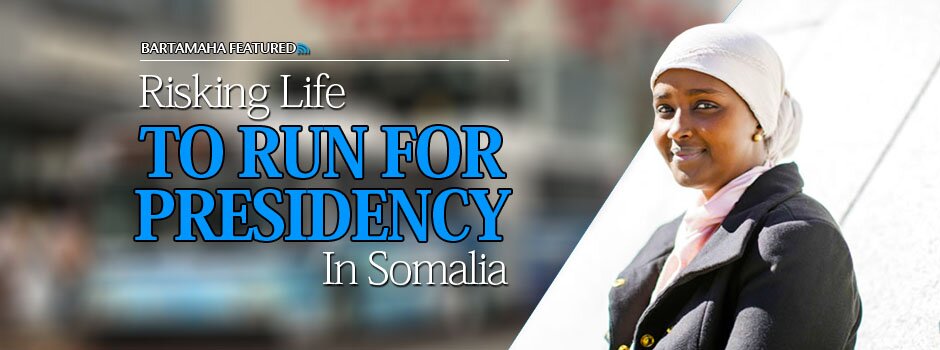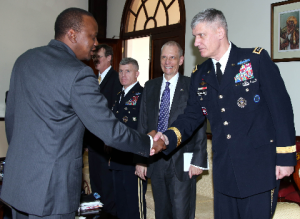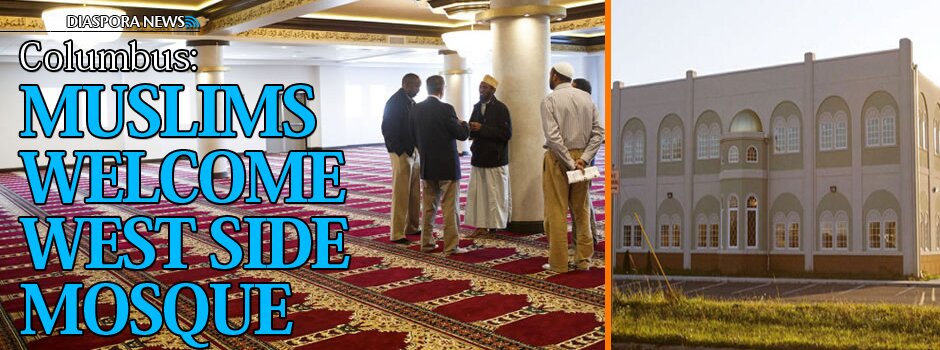In Adelaide: Somali family finds happiness
 WAITING anxiously at the airport, Isha Munya cranes her neck as people stream through the arrival lounge, desperate to catch her first glimpse of the daughter she last saw 19 years ago in war-torn Somalia.
WAITING anxiously at the airport, Isha Munya cranes her neck as people stream through the arrival lounge, desperate to catch her first glimpse of the daughter she last saw 19 years ago in war-torn Somalia.
She remembers the tears and the dread in her stomach two decades earlier when she said goodbye to Faduma, aged just eight at the time, before fleeing the violence of her homeland with her husband and five children.
Not only was she leaving her eldest daughter behind, but also her mother Akrabo, who had raised and breastfed Faduma as her own – the pair refused to be separated.
Now, her little girl was an adult, married, and a mother with a baby of her own, and after all those years of not knowing whether she was alive or dead, she was about to see and hug her.
Isha had only seen one photo of Faduma, provided by the Adelaide Red Cross three years earlier, after they traced her mother and daughter in Somalia and put the family into contact.
She hadn’t recognised the grown woman in the photo when it was first shown to her, but the second she saw Faduma through the crowd in the airport, she knew instantly it was the little girl she left behind 19 years ago.
“When I saw her come off the plane I couldn’t hold my tears back,” Isha, 48, said.
“We ran to each other and we just cried and cried.
“I had held my tears back for so long but then I saw her and I cried.”
Faduma, now 31, came to Adelaide in 2009, her Woodville Gardens home now just minutes from Isha’s in Mansfield Park.
Isha said she was grateful every day to have Faduma back with her and her other children living safely in Adelaide where they can attend school and get jobs – but even more so on Mother’s Day.
“Mother’s Day is very important to me because of all the things we have been through,” she said.
“I am so happy we are all together, but I’m also sad because my mum is still in a refugee camp in Kenya.”
Sitting in her living room, which is adorned with traditional grass weavings and colourful African silk patterns draped over the walls and couches, Isha clutches a tiny photo, not much bigger than a postage stamp, of her mother Akrabo, 62.
“We talk on the phone and I have pictures, but I wish she was here with us to celebrate,” she said.
She hasn’t seen her mother or her father Rasulu, who died in 2009, since the tearful goodbye 21 years ago.
“Saying goodbye felt like my stomach was torn out,” she said
“But it was the time of the war and people who had guns used to rape the women. There was no safety so we had to leave my crops and my family.”
Isha, her husband Seid Hussein and their children fled to nearby Kenya and spent eight years in four refugee camps.
It was heartbreaking raising children in the camps and in the decrepit and unsanitary conditions. She suffered a miscarriage and gave birth to twins who died shortly after. She also gave birth in a camp to her daughter Fartun, now 16.
Her most horrific memory was waking one night to witness guards with guns massacring men.
Her husband had already fled to another camp, knowing men were being targeted, and Isha was to follow later with the children.
Watching the violence unfold, she bundled up her children and tried to flee but without a passport, was quickly captured and thrown into jail.
“I had all my babies. They came in with me. We were all in jail for 20 days,” she said, shaking her head.
The family applied for a refugee visa to Australia and arrived in Adelaide in 1998.
Eight years later, still not knowing the fate of her family in Somalia, Isha asked the Red Cross to track down her mother and daughter.
“I had no contact, so I didn’t know if they were even alive or not,” she said. After they were put in touch, Isha spoke regularly with Faduma and Akrabo on the phone, encouraging them to apply for a visa to Adelaide.
Faduma applied for her family’s first, after her grandmother gave her blessings, and arrived in 2009.
Akrabo is in a Kenyan refugee camp waiting for her visa to be processed.
Isha says she hopes her mother will be in Adelaide within a year, hopefully in time to spend next Mother’s Day with her daughter and grandchildren, some she has never met.
Isha, who is chair of the Somali Women’s Association SA, has organised a barbecue today at the Parks Community Centre for other Somali women and their children to share Mother’s Day.
Australian Refugee Association CEO Peter Laintoll said Mother’s Day was an emotional day for many refugee families.
“When you start to think of all the trauma you’ve gone through to come to Australia and what you’ve left behind, including your family, whether it’s your mother or father, even a brother or sister, that can be very poignant,” he said.
“And when some women are leaving their children, you can imagine what that must feel like on Mother’s Day for a mother who is in a different country and her children are not with her.”
Mr Laintoll said many refugees found others in their communities and supported each other on occasions such as Mother’s Day.
Isha’s daughter Hawa, 21, who was just three months old when her family fled Somali and grew up in refugee camps, says her mother is her inspiration and role model.
“But I think mum will be happiest when my grandmother is here – it is the last piece of the puzzle.”
___
Adelaide Now
Comments
comments
 Calendar
Calendar









